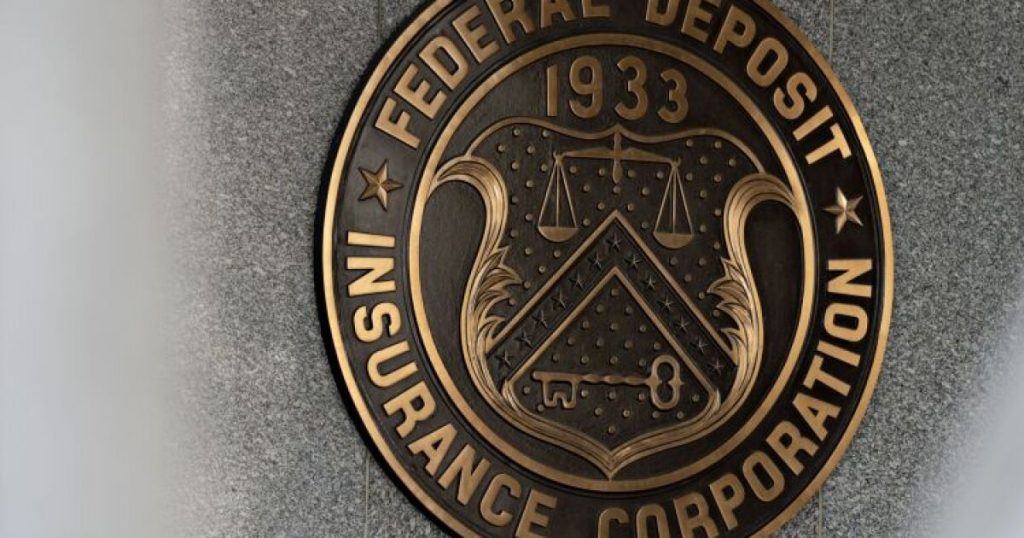President Donald Trump should seriously consider appointing centrist policymakers to the
A few months back, it was
Last week, President Trump got
While in recent years, there have been instances where the board operated with fewer than five members due to resignations or vacancies, there has never been a case where a president has declined to appoint individuals to fill vacancies on the board.
Some may be skeptical of this recommendation, considering Washington’s hyper-partisan nature. However, banking regulation does not have to be hyper-partisan. Both Republicans and Democrats advocate for policies that promote fair financial access, as well as safety and soundness. Moreover, there are qualified policymakers on the political left, the political right and the center that believe that our banking regulatory regime can do more to better balance legitimate prudential concerns with fair access considerations.
For example, there is alignment among Democrats and Republicans around the concept of regulatory balance. Consider the recent Basel III Endgame rulemaking process. Policymakers from both political parties raised concerns that the Biden-era regulators proposed aggressive bank capital treatment of mortgage and small business credit. Several Republicans and over 60 members of the Democratic Caucus submitted comment letters raising similar issues, including underscoring the consumer access concerns when excessive prudential regulation leads to overkill.
There is bipartisan interest in a banking regulatory system that better balances a multitude of, and often conflicting, policy goals. Consistent with this bipartisan desire, the White House should consider procedural balance at the FDIC by ensuring a fully stocked, bipartisan board.
Luckily, there’s a plethora of talent President Trump can pick from. Over the past four years, there have been rumblings in Democratic circles about the Biden administration’s overlooking of centrist financial policymakers, including those Democrats that have business experience. At a recent CNBC interview with Squawk Box, Congressman Jim Himes, a senior Democrat on the House Financial Services Committee, lamented that the Biden administration was “dismissive” of Democrats with private-sector experience. He also praised President Trump’s appointment of attorney Jay Clayton to the U.S. District Attorney office that oversees Wall Street.
All of this suggests that there’s a path to bipartisan cooperation on financial regulations and nominations. Given the legal structure of the FDIC, it would behoove President Trump to pursue both substantive and procedural balance there by providing bipartisan board representation. Not only would this be an effective move for the FDIC, its stakeholders, and the country — it would provide credibility for the president’s legacy in the banking regulatory space which can benefit from the balance that viewpoint diversity provides.
